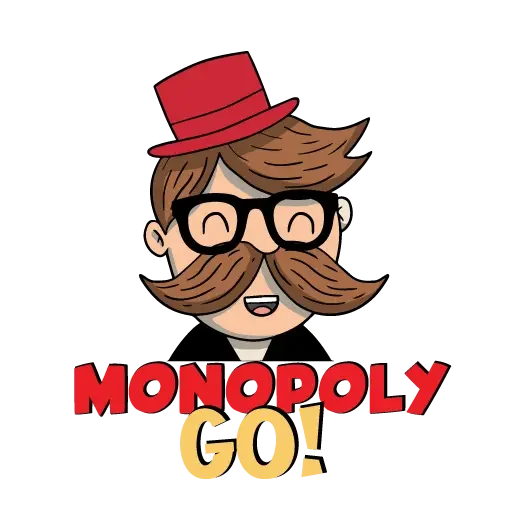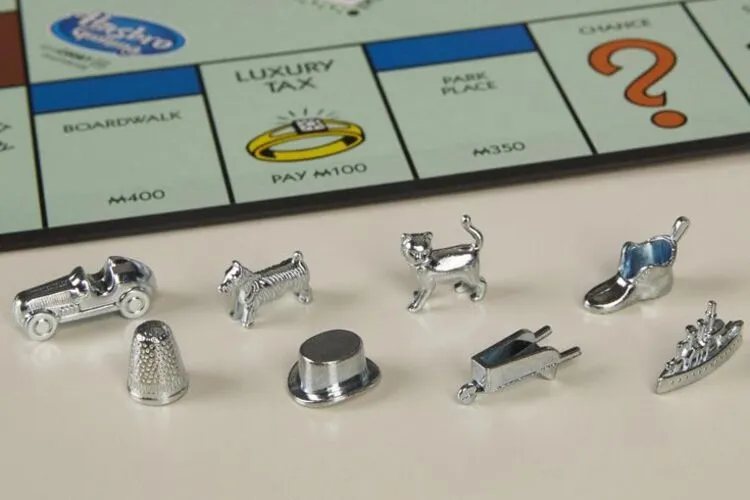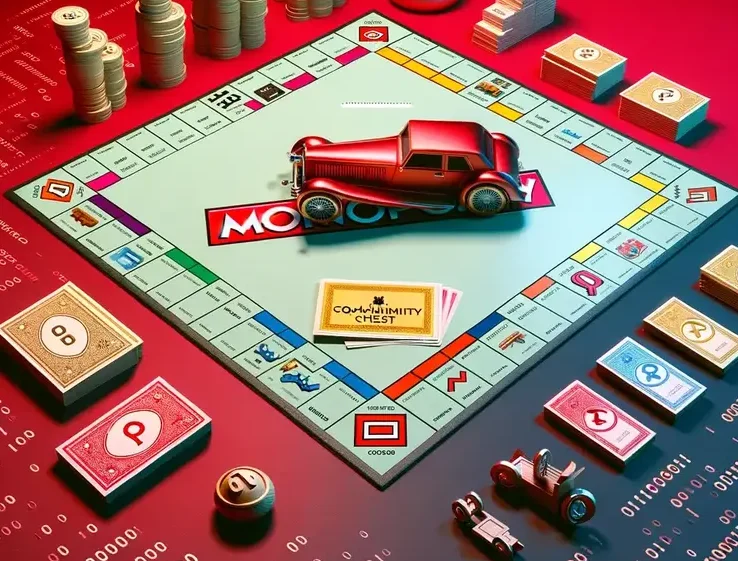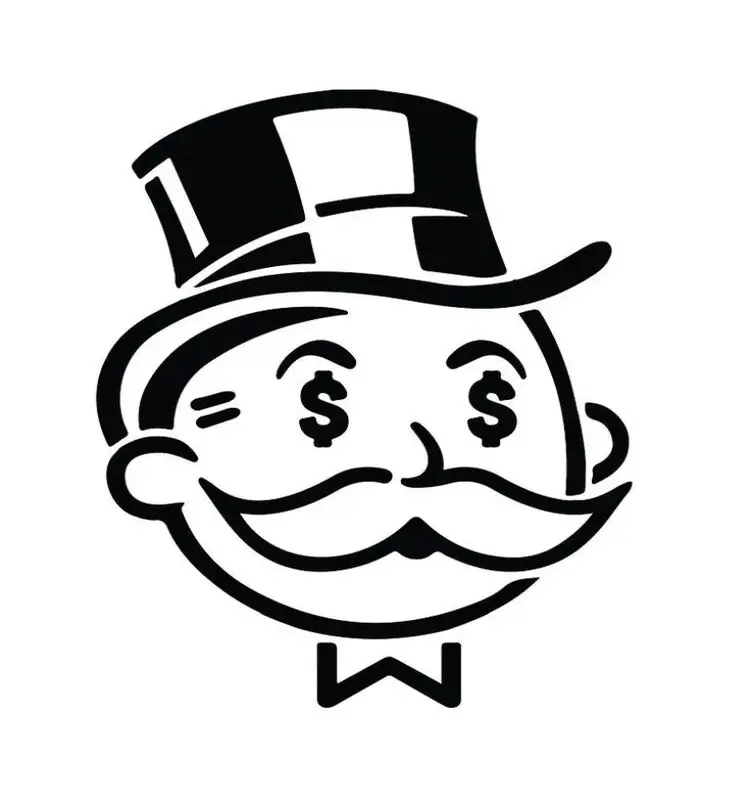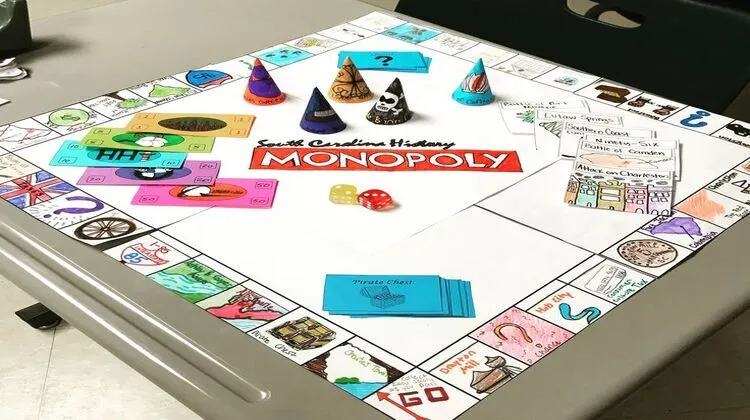Monopoly, a timeless board game enjoyed by families and friends alike, has a rich history that spans over a century. From its humble beginnings to becoming a household name, let’s start journey through the fascinating of Monopoly History.
Table of Contents
The Birth of Monopoly
In the early 20th century, a visionary named Lizzie Magie created a game called “The Landlord’s Game” as a tool to teach economic principles. Little did she know that this game would serve as the precursor to Monopoly History. The real breakthrough came when Charles Darrow, an unemployed salesman during the Great Depression, transformed Magie’s game into what we now know as Monopoly.
The Great Depression’s Impact
Monopoly History rise to fame was closely tied to the economic hardships of the Great Depression. The game provided an escape, allowing families to engage in a virtual world of wealth accumulation while facing real financial struggles. Its popularity soared, and the first patented version of Monopoly was released in 1935.
Global Monopoly Mania
As Monopoly History gained traction in the United States, it took a little while for its influence to spread worldwide. The game transcended cultural boundaries and adapted to various languages, making it a global phenomenon. The allure of buying, selling, and strategically bankrupting opponents resonated universally, solidifying Monopoly as a timeless classic.
Monopoly’s Origin Country | United States
While Monopoly’s roots trace back to “The Landlord’s Game,” it was in the United States that the game evolved into the iconic version we know today.
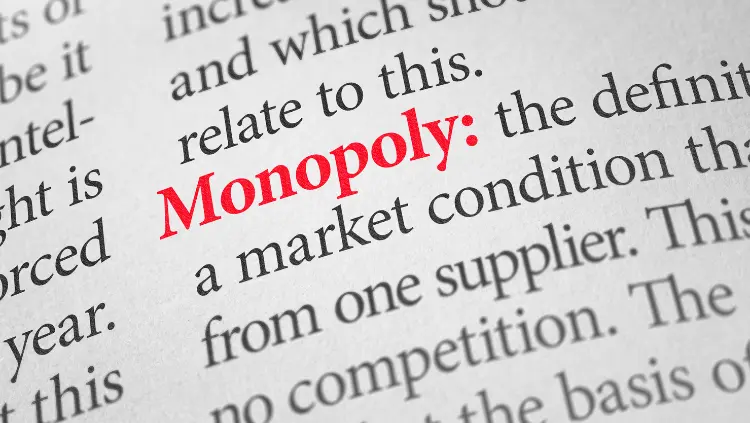
American Innovation
Charles Darrow’s creative genius transformed Monopoly History into a board game sensation. The streets of Atlantic City inspired the iconic game board, with properties like Boardwalk and Park Place becoming legendary.
Corporate Adoption
Parker Brothers, a renowned game company, recognized Monopoly History potential and secured its rights in 1935. The acquisition catapulted the game into mainstream success, cementing its status as a beloved American pastime.
Enduring American Legacy
Monopoly’s popularity endures in the United States, becoming a staple in households and an integral part of American pop culture. Its journey from a homemade board in the Great Depression to a family fun symbol reflects this timeless game’s resilience and adaptability.
Monopoly House Rules | Shaping the Game Experience
Part of what makes Monopoly endlessly entertaining is the flexibility it offers in creating house rules. These unofficial variations add a unique touch to each game night.
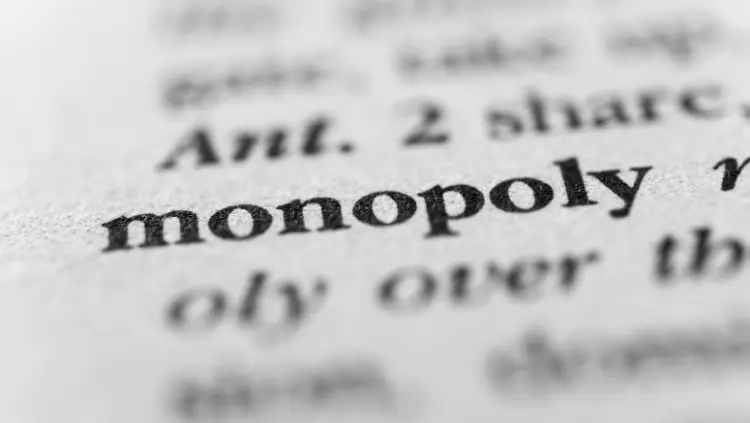
House Rule Evolution
Over the years, players worldwide have developed various house rules, from free parking windfalls to unique property auction methods. These adaptations showcase the creativity and adaptability that define the Monopoly experience.
The Social Aspect
House rules often become traditions within friend groups and families, creating shared memories and inside jokes. These informal additions to the official rulebook enhance the game’s social aspect, making Monopoly History more than just a board game—it’s a bonding experience.
Balancing Act
While house rules inject fun and excitement, finding the right balance is crucial to preserving the game’s integrity. Striking a harmonious blend of tradition and innovation ensures that Monopoly History remains a captivating and enjoyable experience for players of all ages.
Monopoly House Cards | Unveiling Strategies and Surprises
Monopoly house cards, a staple of the game, introduce an element of strategy and unpredictability. Let’s explore the significance of these cards and the strategies they unlock.
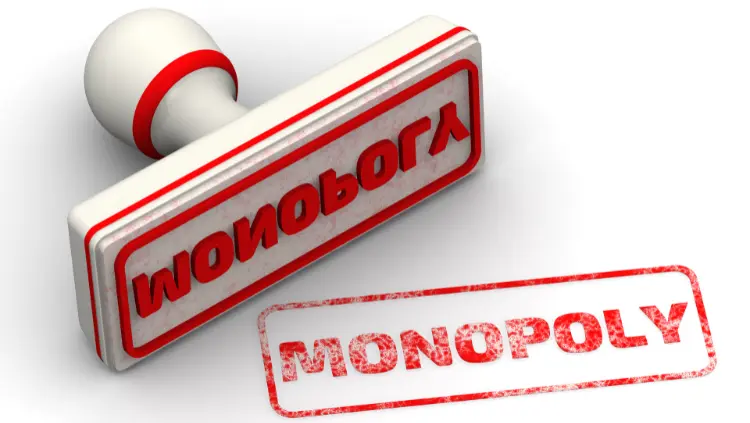
Game-Changing House Cards
From Chance to Community Chest, house cards can instantly turn the tide of a game. The anticipation of drawing a card adds an element of excitement, keeping players on the edge of their seats.
Strategic Decision-Making
Successful Monopoly History players know how to leverage house cards to their advantage. Whether acquiring properties at a discount, skipping past opponents’ hotels, or collecting unexpected windfalls, strategically using house cards can be the key to victory.
Unpredictable Twists
The beauty of house cards lies in their unpredictability. A seemingly hopeless situation can transform into a winning opportunity, adding an element of surprise that keeps players engaged and invested in every turn.
Bottom Line
Monopoly History, with its roots in educational board games and its transformation into a global phenomenon, is a testament to entertainment’s enduring power. From the streets of Atlantic City to living rooms worldwide, this classic game continues to captivate and bring people together, transcending generations with its timeless appeal.
10 Useful and Unique FAQs With Answer
What is the Monopoly History?
Monopoly originated from “The Landlord’s Game,” designed by Lizzie Magie, later adapted by Charles Darrow during the Great Depression, and patented in 1935 by Parker Brothers.
Why is Monopoly so popular?
Monopoly’s popularity can be attributed to its engaging gameplay, strategic elements, and its ability to provide an escape during challenging times, such as the Great Depression.
Are there variations of Monopoly based on countries?
Yes, Monopoly has been adapted to various countries and languages, incorporating local landmarks and themes to make the game more relatable to players worldwide.
What are some standard house rules in Monopoly?
Standard house rules include variations in money distribution for landing on Free Parking, auctioning of unsold properties, and introducing additional penalties or rewards.
How long does the average game of Monopoly last?
The duration of a Monopoly game varies, but on average, it takes about two to four hours to complete a game, depending on the players’ strategies and house rules.
Can Monopoly be played online?
Yes, digital versions of Monopoly are available for online play, allowing friends and family to enjoy the game remotely.
What is the significance of the Monopoly board layout?
The Monopoly board layout, featuring iconic streets and properties, was inspired by the streets of Atlantic City, contributing to the game’s distinct visual identity.
Are there official Monopoly tournaments?
Yes, official Monopoly tournaments are organized globally, attracting competitive players who vie for the title of Monopoly champion.
How has Monopoly adapted to modern times?
Monopoly has adapted to modern times through digital versions, themed editions, and collaborations with popular franchises, ensuring its relevance and appeal to new generations.
What lessons can be learned from playing Monopoly?
Playing Monopoly teaches valuable lessons such as strategic thinking, negotiation skills, and financial management, making it an educational and entertaining experience for players of all ages.
